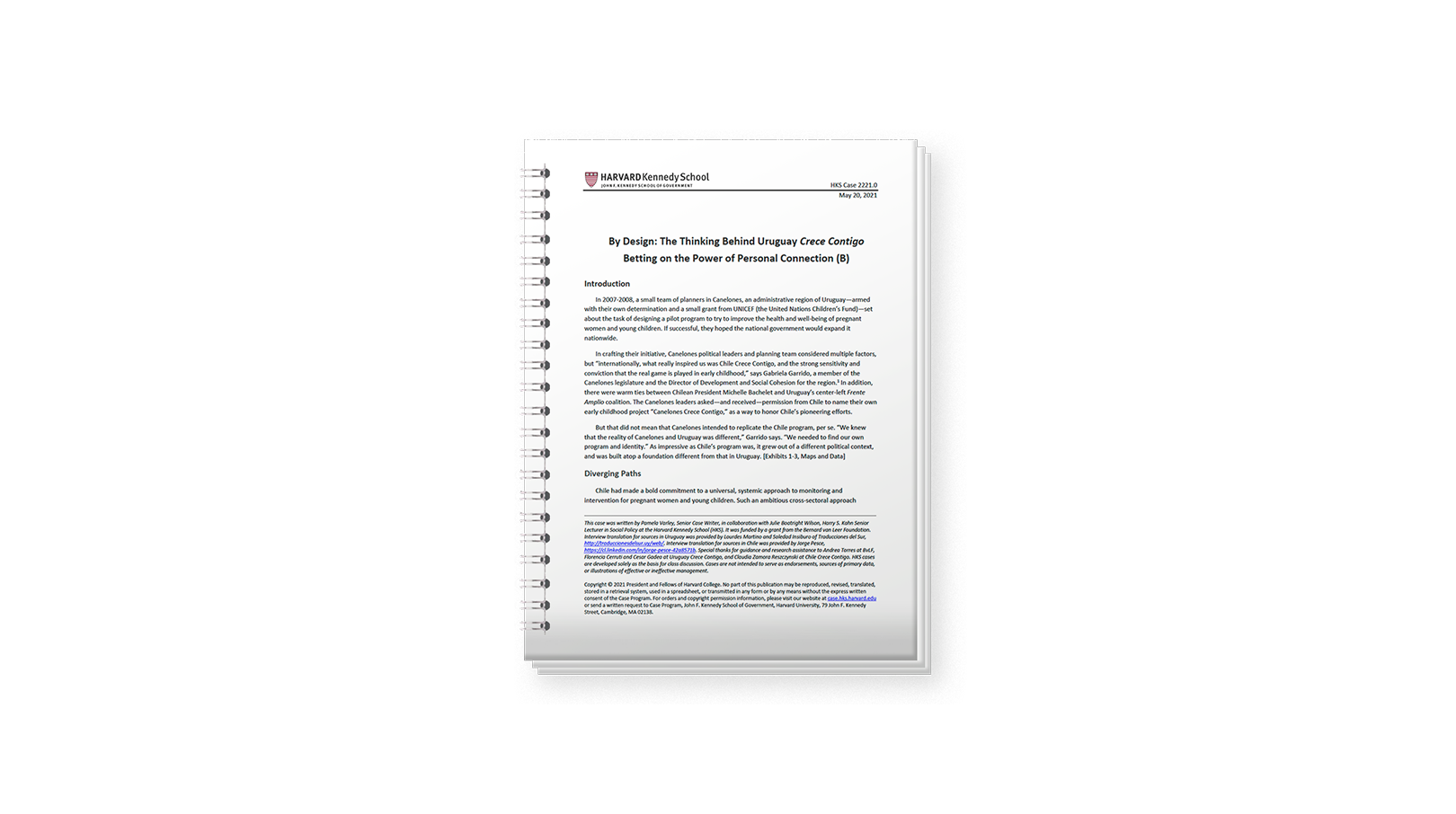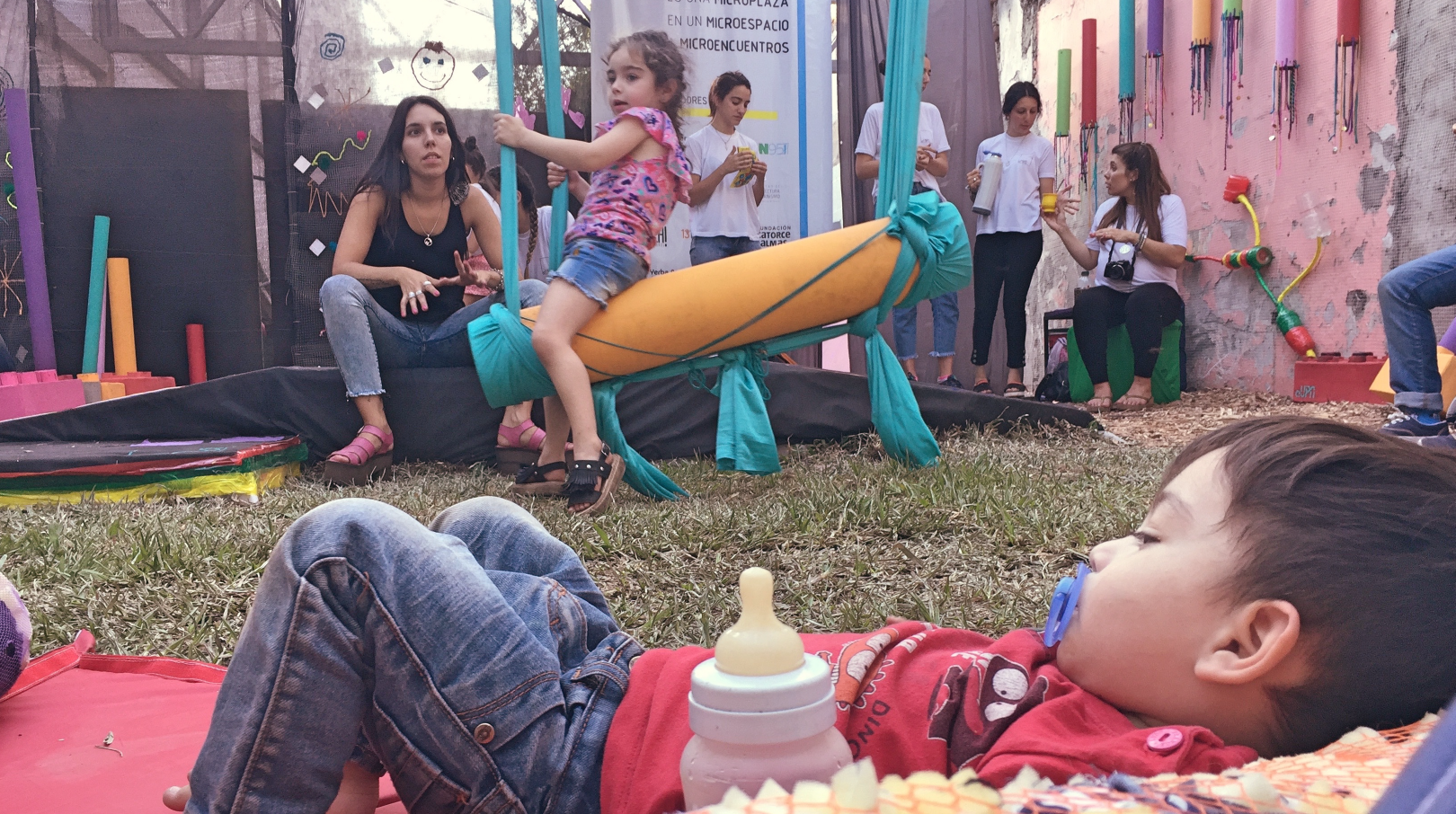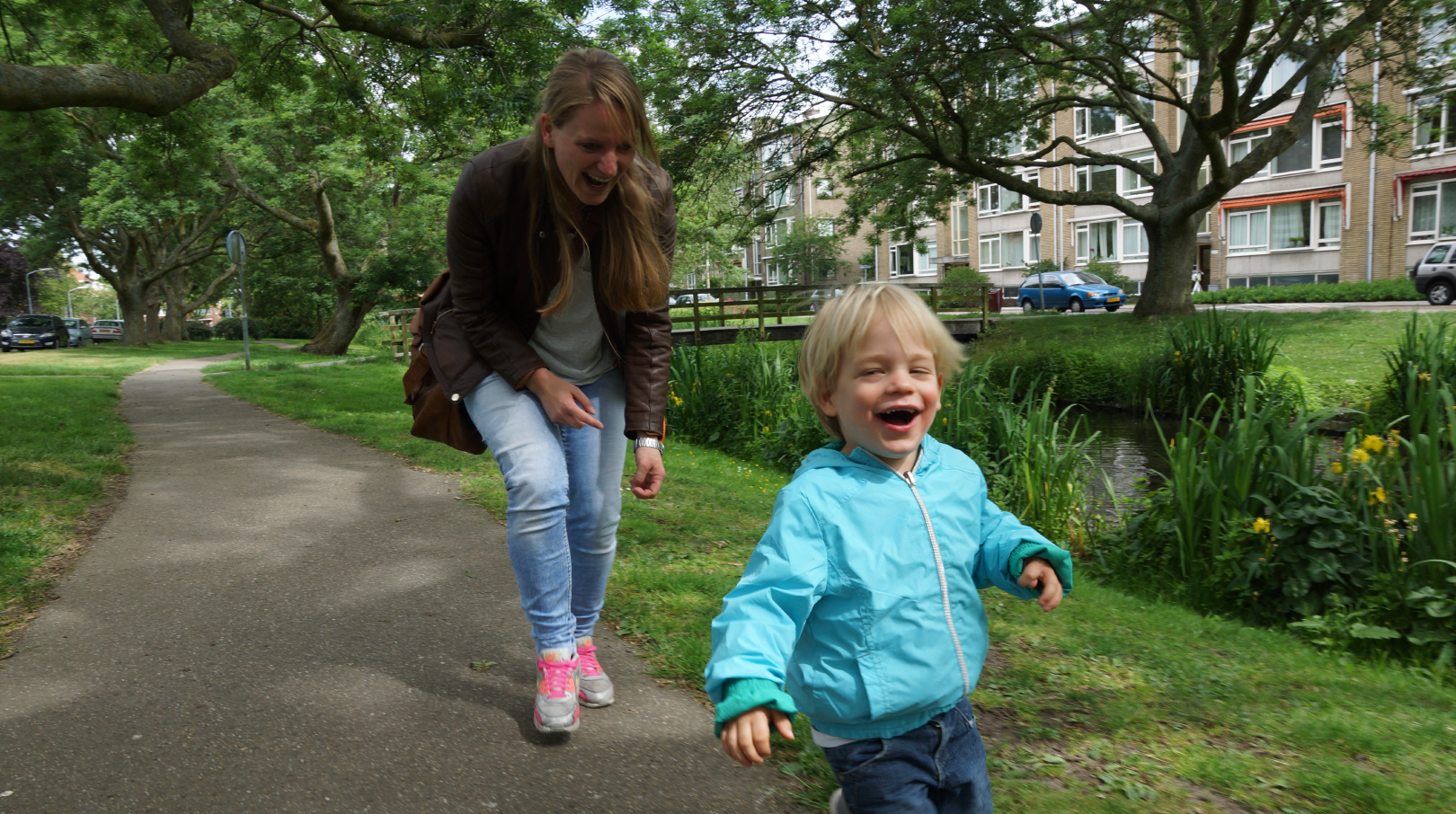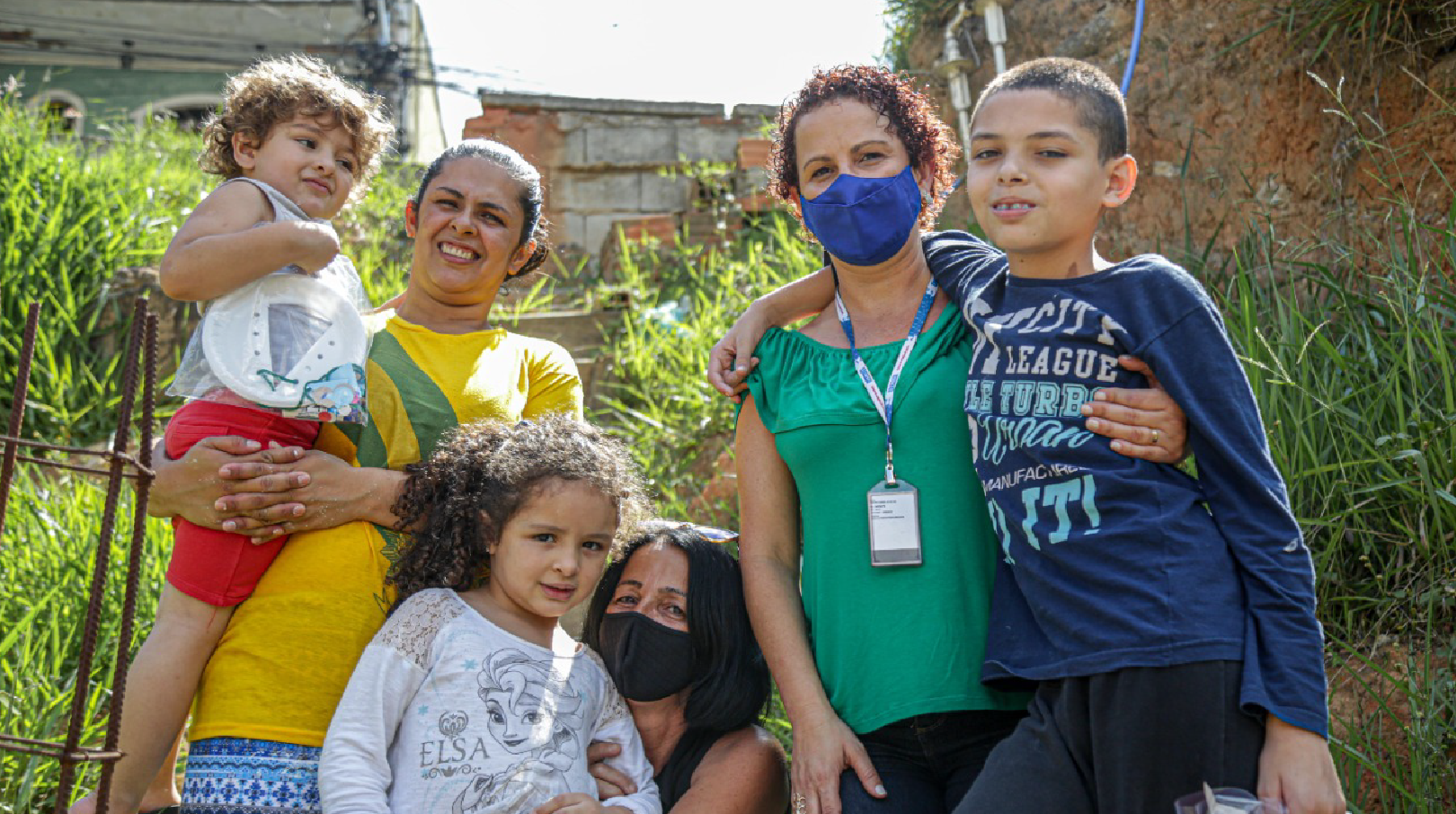This is the second case in the two-part set, which continues to explore how Uruguayan policymakers ultimately designed a different kind of programme to their Chilean counterparts. Based on their national context, they placed emphasis on the power of personal connection.
First at the regional level and then at the national level, Uruguayan policymakers embraced the strengths of their own small, close-knit country—in particular, a tradition of forging connections with marginalised families through a programme of personalised home visits.
We commissioned this case study with the Harvard Kennedy School as part of a series that explores the transition to scale of early years initiatives.
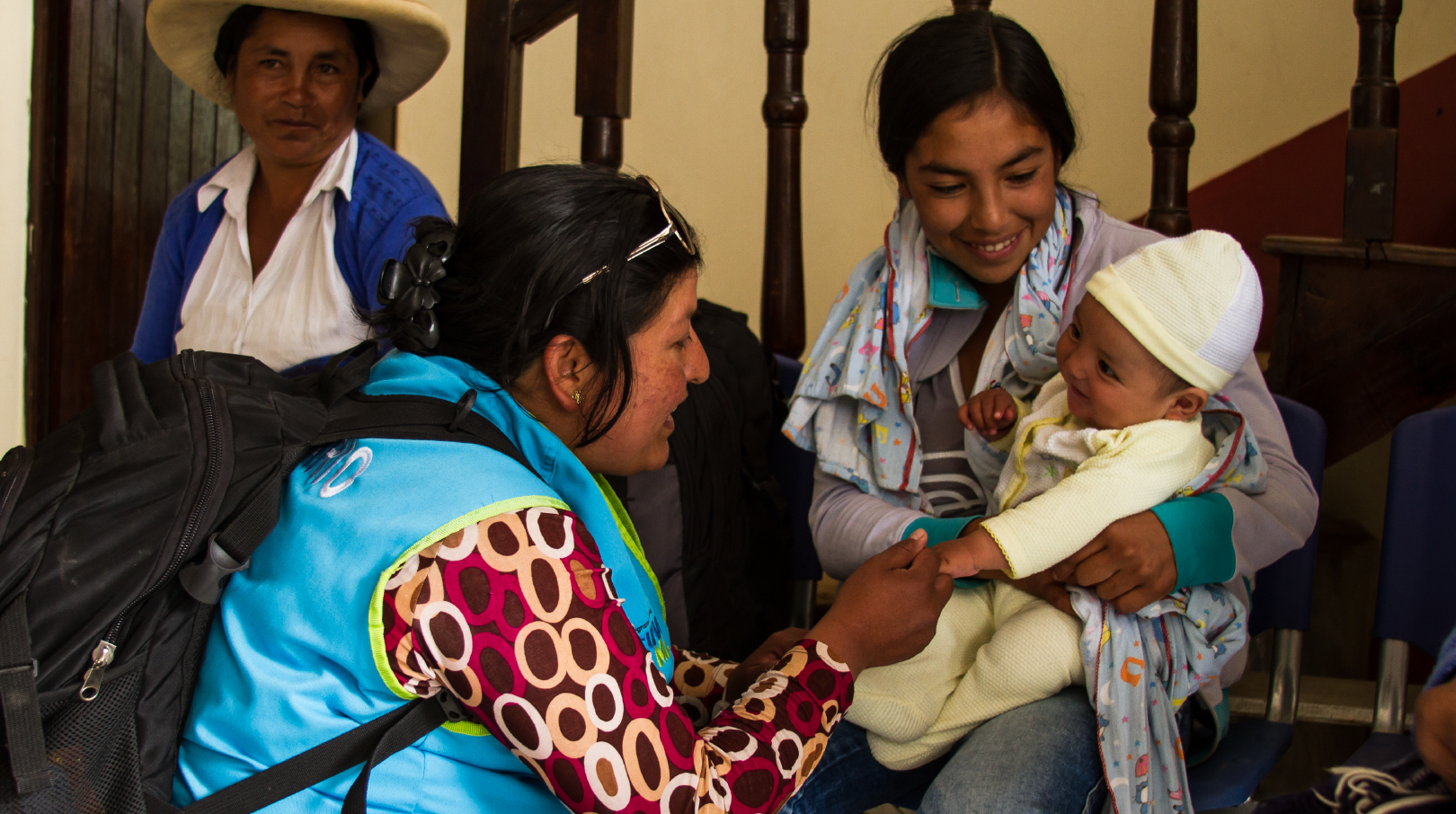 Management case studies
Cuna Más Part One: Peru’s Early Childhood Programme Struggles to Maintain Quality as it Scales Up
Management case studies
Cuna Más Part One: Peru’s Early Childhood Programme Struggles to Maintain Quality as it Scales Up
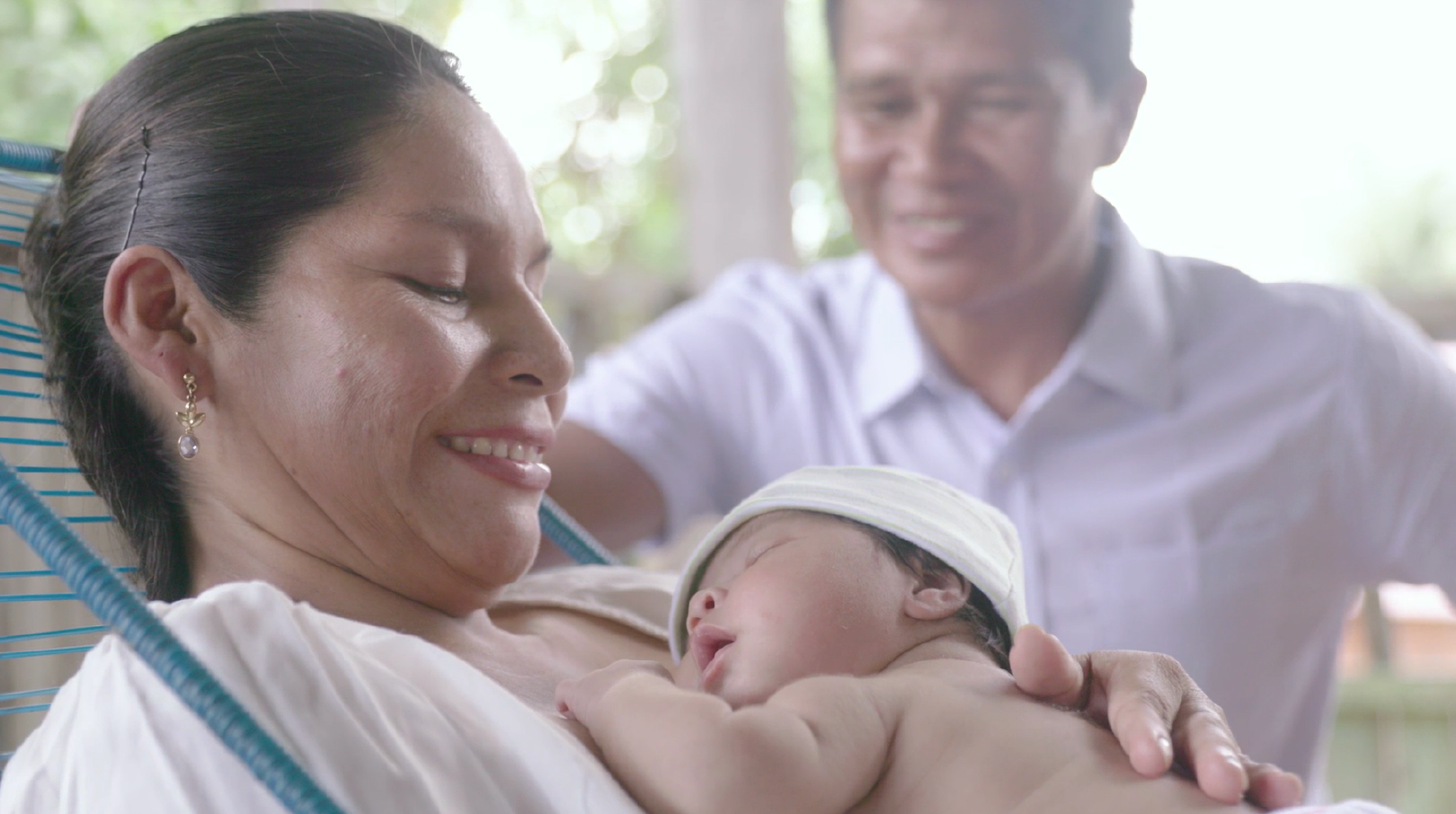 Management case studies
Cuna Más Part Two: Peru’s Home Visiting Programme Evolves into a Comprehensive Early Childhood Development Strategy
Management case studies
Cuna Más Part Two: Peru’s Home Visiting Programme Evolves into a Comprehensive Early Childhood Development Strategy
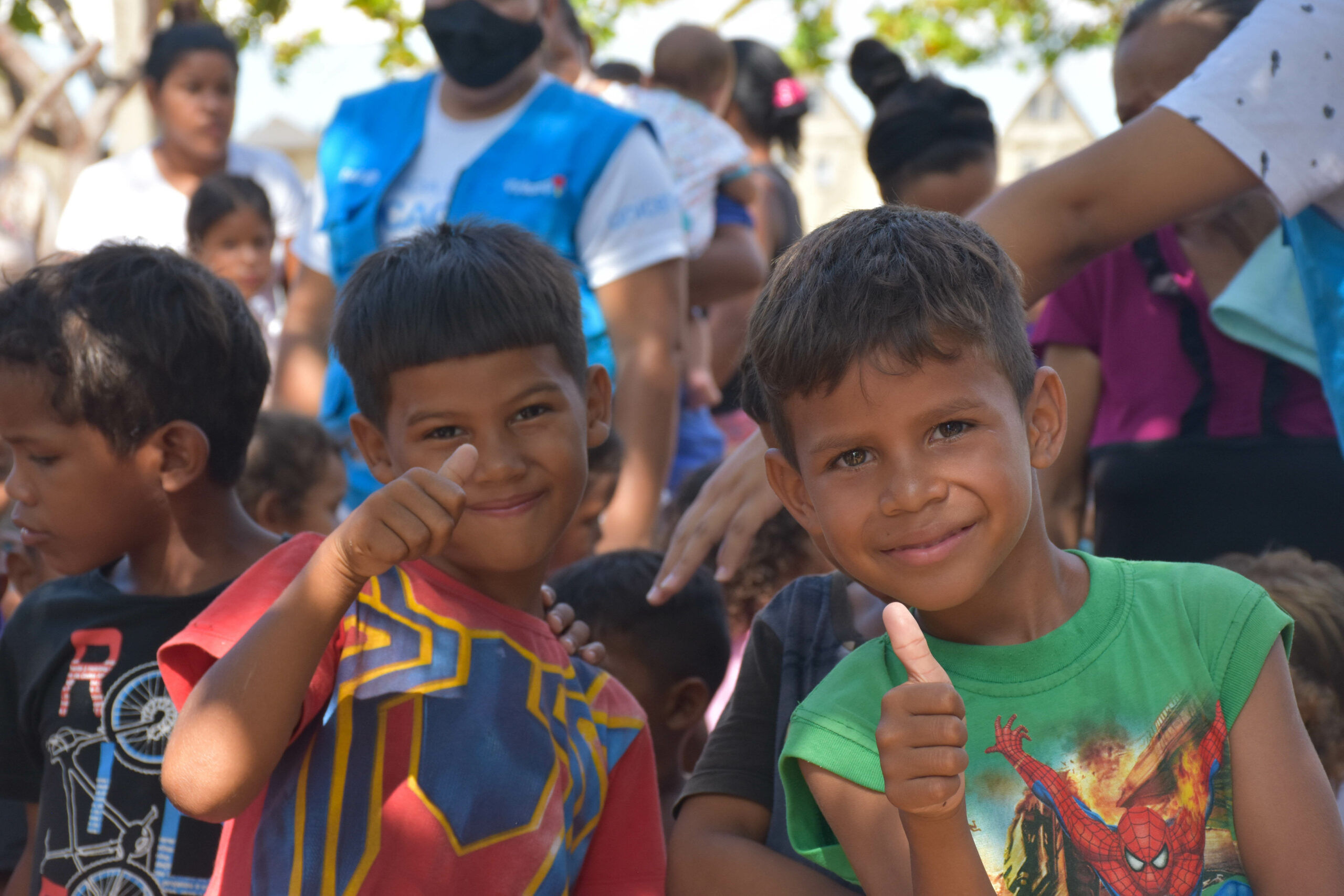
This collection of six case studies from the Harvard Kennedy School shares lessons on how to scale early childhood programmes.
